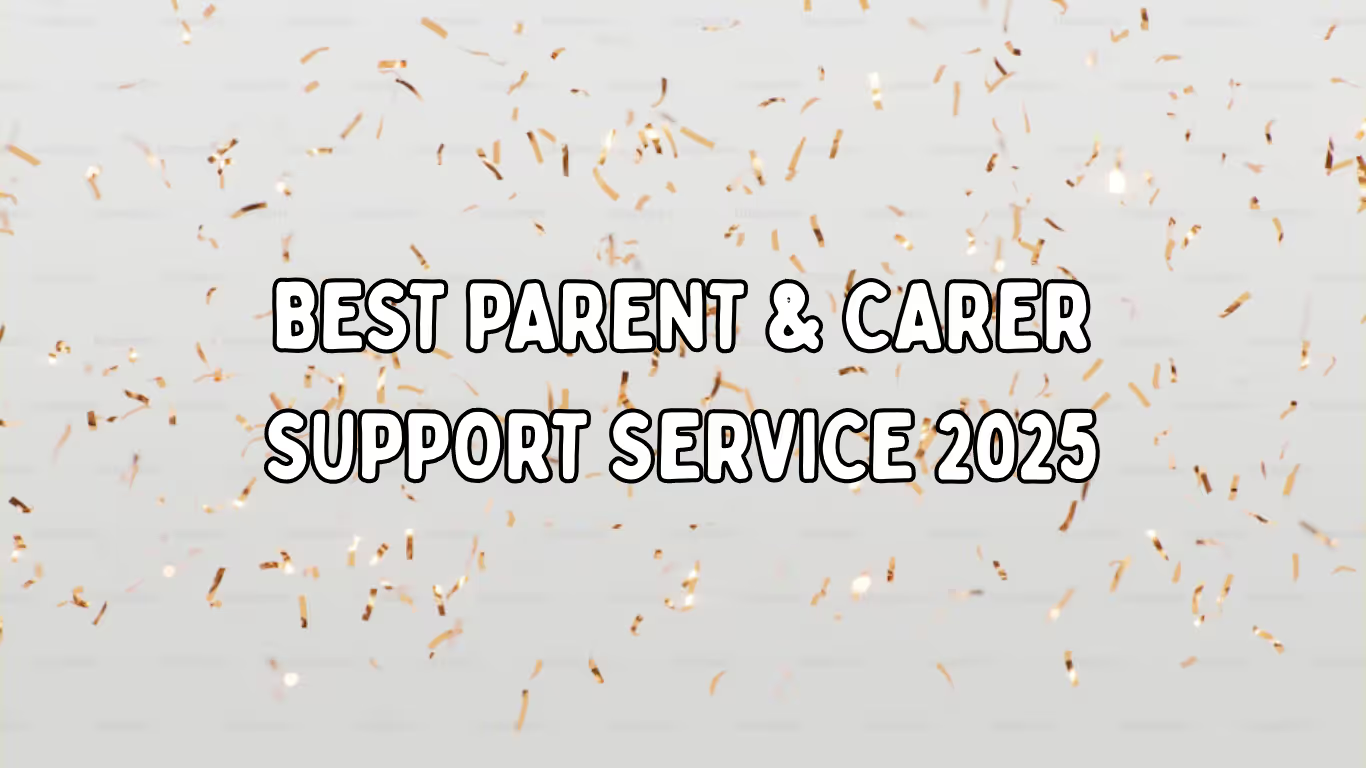You walk into the school gates, scanning for a familiar face. Other parents are chatting easily, laughing, and seeming like they've got it all together. Meanwhile, you're just hoping you remembered to sign the permission slip and that no one notices the cereal in your hair from this morning.
And there it is again — that nagging thought:
"I don't know what I'm doing. I'm not like them. They're proper parents."
If this sounds familiar, you're not alone. It's a feeling many parents quietly carry, and it has a name: parental imposter syndrome.
What Is Parental Imposter Syndrome?
Imposter syndrome is a well-known psychological phenomenon. It describes the persistent belief that you're not as competent as others think you are — that your success is down to luck, or that you're just "winging it" and will be found out any day now.
Parental impostor syndrome is precisely that, but in the context of parenting. You doubt your instincts. You assume you're getting it wrong. You feel like a fraud — even when your child is happy, loved, and doing well.
It's not a formal diagnosis, but it can have a significant impact on your confidence, relationships, and overall well-being.
How Does It Show Up?
Here are some common signs:
- You constantly compare yourself to other parents, and always come up short
- You worry you're messing up your child's future by making the wrong decisions
- You feel like you're faking it, just going through the motions
- You avoid school events or parenting groups because you think you're being judged
- You feel isolated and alone, convinced you're the only one struggling
- You often think: "I'm not enough", or "My child deserves better than me"
Why Does This Happen?
There are a few reasons parental imposter syndrome is so common — and they're not your fault.
- Unrealistic expectations: The pressure to be a perfect parent is everywhere — from parenting books to Instagram feeds filled with curated images of wholesome family life.
- Stress and lack of support: Parenting, especially in the tween and teen years, is full-on. If you're not getting the emotional or practical support you need, it's easy to spiral into self-doubt.
- Internalised perfectionism: You might not expect perfection from your child, but somewhere along the line, you've come to expect it from yourself.
Sound Familiar? You're Not Alone.
Studies have found that up to 70% of people experience imposter syndrome at some point in their lives. In parenting, it often hits hardest during times of transition — when your child starts school, enters adolescence, or struggles with their mental health.
Even the parents who look most confident on the outside may be feeling the same things you are — they're just hiding it well.
What Can Help?
Here are a few ideas to start quieting that inner critic:
Challenge the Voice in Your Head
Start noticing when you think "I'm failing" or "I should be better." Ask: Is that true? What would I say to a friend who felt this way? Try to respond with kindness rather than criticism.
Reflect on the Wins
Try this:
Write down three things you've done well as a parent this week.
Big or small — made them laugh, remembered their PE kit, gave them a hug when they needed it.
Notice how often you are getting it right.
Ditch the Comparisons
That parent who looks calm and capable? They have their moments, too. Comparison steals joy and distorts reality. Focus on your values, your child, and your journey.
Talk About It
You don't have to keep this to yourself. Talk to another parent, your partner, or a professional. Saying it out loud is often the first step to easing the pressure.
Model Self-Compassion
Your children are always watching. If they see you speak kindly to yourself, forgive mistakes, and take care of your well-being, they learn that it's OK to be imperfect. That's powerful parenting.
Make Room for Support
If impostor syndrome is taking over and making it hard to enjoy parenting, counselling can help. It gives you a safe space to unpack what's going on, rebuild confidence, and feel more connected to yourself and your child.
You're Not Failing — You're Just Feeling
You're not a fraud. You're not broken. You're not getting it all wrong. You're a caring, committed parent who's doing their best — and that is more than enough.
Want to Talk It Through?
Get in touch. Holding Space offers parent-carer peer support for parents who feel overwhelmed, stuck, or just need someone to listen.
Written by Jenny Warwick, counsellor and expert guru in parenting teens and tweens. Visit Jenny's website for more guidance, or to book a Check-In Call.







